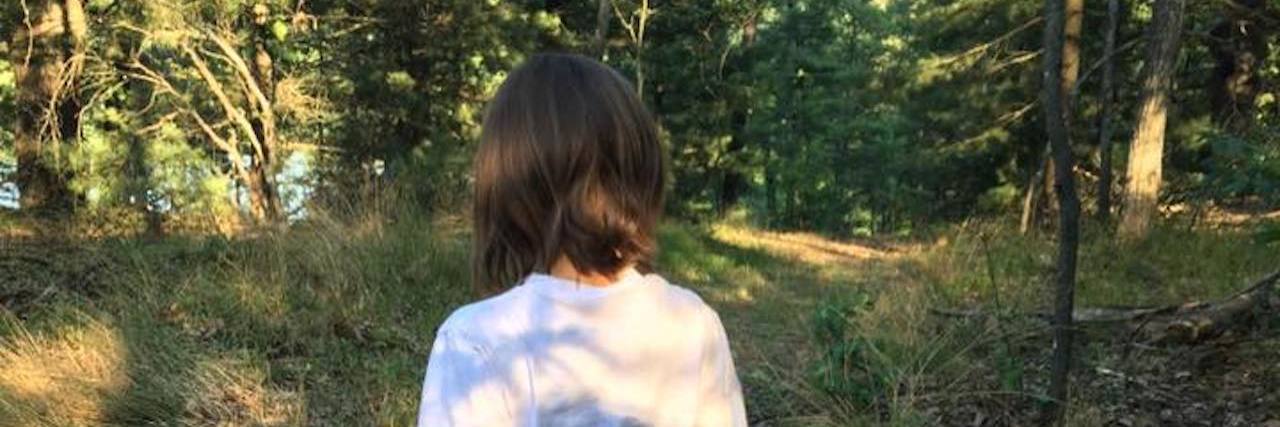My Daughter on the Autism Spectrum Needs Me to Be Her Parent, Not Her Educator
I’m an early childhood educator. I’ve been doing this for almost 13 years. I’ve been an assistant teacher, a lead teacher, a director, a teacher trainer and a passive observer. I’ve written lesson plans, done observations, created behavior plans, met with families and done countless training sessions. It’s in my blood. Working with children and their families is what I was created to do. And there is one tiny, 7-year-old I care about most: my daughter with autism.
Being a parent, as someone wise told me, is all about not knowing what you’re doing. It’s about being befuddled, confused, frustrated and completely at a loss most of the time. It’s about rushing headlong into something totally unknown and simply feeling what to do. No one really knows how to parent. We’re all just winging it.
This is where my problem lies. I don’t know how to separate myself as an educator from myself as a parent.
I don’t know how to erase years of studies and research and classes and observations and see my child as just my child. Every time she reacts to something I do or say, I immediately assess what she’s just done and start crafting my response. I know too much about children and why they do what they do, so instead of being my daughter, she’s like my real-time case study.
My child. My sweet child. I just went into her bedroom and looked at her tiny face. I brushed her hair back from her eyes and gazed at her for a few minutes. I touched her tiny upturned nose that looks just like mine. I caressed her cheek, her beautiful olive skin that she gets from her dad. I brushed her rosebud lips and was immediately transported to her first few weeks of life, when that tiny mouth first smiled at me.
I created this beautiful human, this masterpiece of chaos and loveliness. I grew her in my womb for almost 10 months, and then nourished her with this body for another year after that. I watched her take her first steps, listened to her say her first words, held her after her first injury, nursed her during her illnesses and cradled her as she drifted into sleep for the last seven years and 10 months. Everything that we’ve done together, everything that she’s taught me, is tucked away in my brain. I remember her successes, her mistakes, her losses and her triumphs. Her life shapes mine.
It is in the midst of this, however, that I become lost in all the knowledge I’ve accumulated about early child development and how it has impacted my life. It’s in my veins, just as my daughter is. They are both a huge part of me. Somewhere along the way, her life, those successes, mistakes and triumphs, have become interwoven with that knowledge and the career I’ve made of early childhood and now I don’t know how to separate it. I’m constantly assessing what she’s doing, how she’s reacting to me, how I’m reacting to her as a result of that, and hypothesizing possible outcomes. She in school; she’s learning to read. When I sit with her to read, I do so as an educator and her parent, and it feels like Dr. Jekyll and Mr. Hyde. I want her to be successful, because I’m her parent. She avoids reading to me, however, and I immediately move to the why, instead of just acknowledging that she’s a normal child and will learn to do things as she’s ready to. I start cycling through my list of interventions, ideas and strategies that I have implemented with my students.
This isn’t my student; this is my child. What have I done?
I want to begin unravelling this huge knot, this massive tangled mess of educator versus parent. I don’t know how long it will take me, but I want to appreciate my child as a human, as an individual. I created her, but now she is creating me — or rather, re-creating me.

